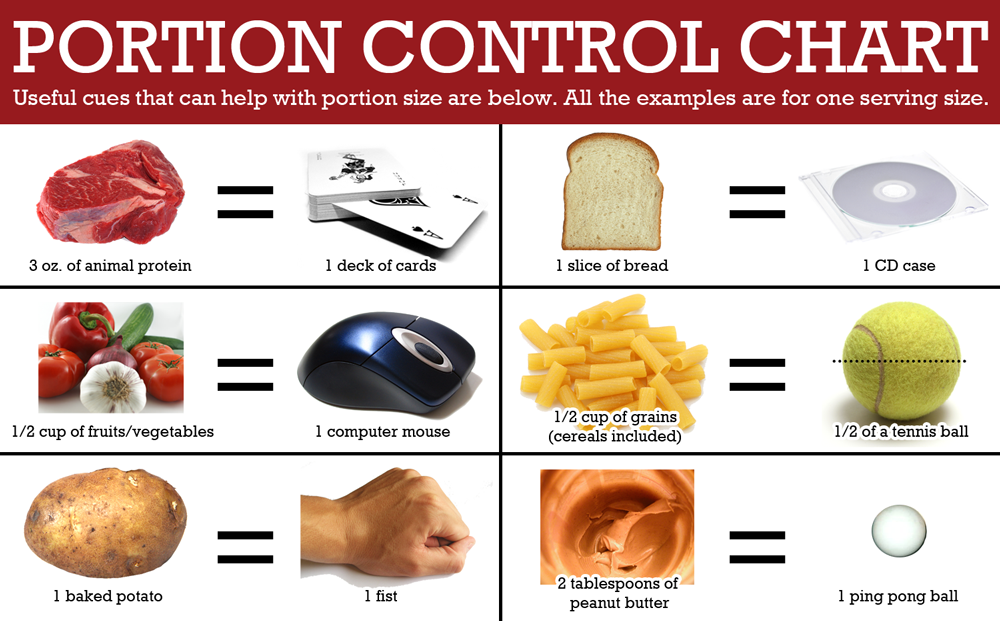Food for Thought

Geri Wohl, CNC www.bettereatingcoach.com
Since this is the season for our children to go back to school, the brain and its functioning are foremost in our thoughts. How do we get our children back in school-mode after the long summer break? Is there anything that we can do to help them be better learners?
In fact, we can make some choices that will enable them to be more focused students. It all starts with food. Food is our fuel. It provides us with vital nutrients that nourish every cell in the body resulting in more energy, better focus and more mental clarity. Without these nutrients, our bodies and brains are simply not at their best. For learning, our brains require protein, complex carbs, good healthy fats, vitamins and water.
Even though the brain is about 2% of the total body weight, it uses 20-30% of calories that are consumed to feed over 100 billion nerve cells. We can see why we need to choose our foods wisely. Our bodies need a constant supply of nutrients. Thus skipping meals is never a good idea.
Breakfast is critical for all of us but especially for our young learners. Research has shown that breakfast eaters perform better in school and have fewer behavioral problems that those skipping breakfast. The ideal breakfast will be a mix of good quality protein, complex carbohydrates and good fats to keep energy and blood sugar levels stable until lunchtime. In addition, research has found this combination of protein and complex carb may also improve motor skills and coordination. For further info on the benefits of breakfast, click on the link: http://www.bettereatingcoach.com/articles.html.
Lunch and dinner (and of course the afternoon snack) are equally important. As most children will either eat a home-packed lunch or a school-sourced lunch, we need to ensure that they are getting adequate proteins, complex carbs and good fat that will sustain them throughout the rest of their academic day. Lunch should be roughly a third of their calories, vitamins and minerals. Dinners are the time that as parents we have the most influence. Set good examples of balanced, healthy meals and your child will take note. If they are fussy eaters, they may not change their eating right away, but you are influencing them for later.
One area that often gets overlooked is hydration. Water is extremely important for the body but also the brain. The brain is about 80% water. It bathes all of our cells and provides the cell membranes with structural integrity. Without adequate water, the cells shrivel and our fuel sources can’t get into our cells. Water also acts as a temperature regulator preventing the body and especially the brain from overheating. When the brain overheats, it damages the delicate nerve connections that are so important for brain function. Dehydration causes irritability, lethargy and listlessness. By the time you feel thirsty, you are already dehydrated and have a 10% cognitive loss until adequate water is restored.
So what foods/nutrients should be part of a brain-healthy diet?
- Omega 3 fatty acids: These components of fat are essential to the body and need to be obtained from food, as our bodies can’t produce them. They are especially brain-healthy. They help with learning and make you feel better. Good sources are fatty fish like salmon and tuna, walnuts, flax seed and grass-fed beef.
- Proteins: They break down into amino acids, which are the building blocks for all the hormones, neurotransmitters, enzymes and structural components of the body. Brain-supporting proteins include wild fish, hormone-free and antibiotic-free chicken and turkey, pastured eggs, grass-fed beef and vegetarian sources such as lentils, beans, nuts and seeds. Even some vegetables contain a fair amount of protein. Did you know that spinach is 30% protein?
- Complex carbohydrates: These sources of sugar release slowly providing the brain with a steady stream of glucose and energy. Sugar is required for healthy brain function. Complex carbs to include are whole grains, vegetables and fruits. Problems arise when we feed ourselves and our children processed, refined sugars that break down too quickly. Our bodies use up these simple sugars and then we crash. Avoid foods like cookies, muffins, cakes, etc. Grains, vegetables and fruits provide many important nutrients that are needed for our brain synapses and the integrity of the blood brain barrier. These nutrients include the B vitamins for neurotransmitter production, vitamin E for mental clarity, calcium for nerve impulse transmission and magnesium for improved memory, mood, and energy as well as better sleep.
- Spices: These flavorful additions to many dishes enhance the taste of our food but also aid our memories, reduce depression and increase attention. Try adding oregano, cinnamon, garlic, ginger, thyme, basil and turmeric to your kids’ food and get a two-for-one bonus. For more info about how spices or other foods specifically aid our brains, contact me at http://www.bettereatingcoach.com/
Here’s to a productive and healthy start to the new school year. May our children thrive!
© Geri Wohl










